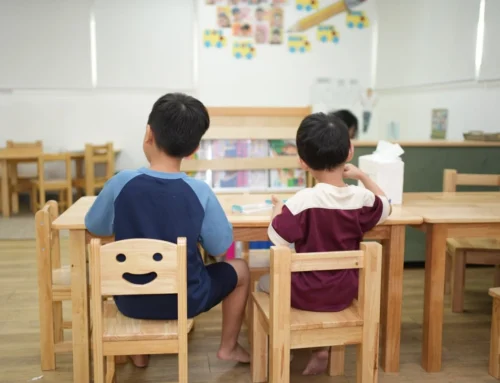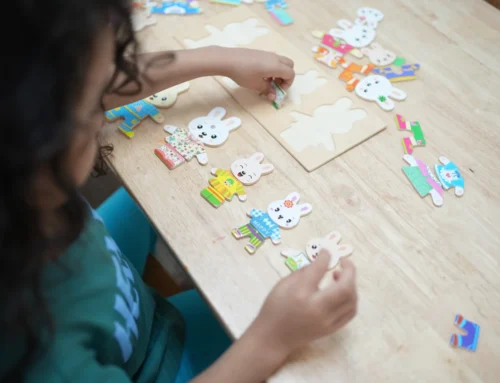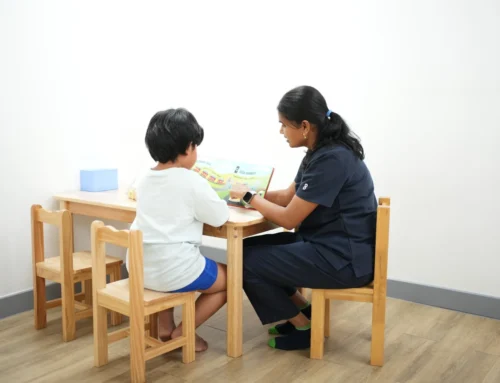October is Selective Mutism Awareness Month, a timely reminder that some children speak comfortably at home yet “freeze” in school, playgroups, or public places. In Phnom Penh, families often mistake this for shyness or language delay, but selective mutism is an anxiety-based communication difficulty. With the right plan—gentle exposure, caregiver coaching, and school collaboration—children can learn to communicate confidently across settings.
What Selective Mutism Awareness Month means for Phnom Penh families
Raising awareness matters because early identification shortens the path to progress. Warning signs include consistent silence in certain places, relying on gestures or whispering to one trusted person, and avoidance of speaking roles. If these patterns last a month or more (beyond settling into a new environment), it’s worth seeking help. Start by learning the basics: What is Selective Mutism? and how it overlaps with broader communication and language needs.
A step-by-step pathway to progress
At OrbRom Center in Phnom Penh, we combine parent education, school supports, and individualized therapy goals. A typical plan includes:
-
Assessment & goal-setting. We map where your child speaks versus where they feel stuck, then set measurable, low-pressure goals. Learn what to expect in an assessment: What happens during an autism assessment? (the process overview is helpful even when autism isn’t suspected).
-
Bridging and stimulus fading. We gradually expand your child’s speaking circle—first with a safe person, then a teacher or peer—using playful tasks and successively harder steps.
-
School collaboration. Teachers receive concrete, non-pressuring strategies (avoid pop-quizzing; offer choice-based responses, then single words, then phrases). See our practical guide: Teacher’s Guide to Selective Mutism.
-
Anxiety and social-communication support. We build comfort with turn-taking, initiating, and asking for help—skills that often co-occur with SM. Read more on social communication & interaction challenges.
Services available at OrbRom Center (Phnom Penh)
-
Speech Therapy: Play-based sessions that shape communication attempts into functional speech, using graded exposure and positive reinforcement.
-
Assessments: A clear, family-friendly profile of strengths, triggers, and practical accommodations for home and school.
How parents can help this month
-
Name the win, not the volume. Praise attempts—eye contact, pointing to choices, reading along softly.
-
Use predictable routines. Script small speaking roles (e.g., “one word to order a snack”) and practice at home first.
-
Lower the pressure. Give choices of response—point, write, record, whisper to a helper—then fade supports.
-
Team up with school. Share a simple plan and celebrate micro-gains weekly. For broader context, see: What is Speech Therapy?.
Selective Mutism Awareness Month isn’t only about recognition—it’s about action. If your child speaks freely in some places but not others, reach out. Our Phnom Penh team can coordinate with your child’s school, set gentle goals, and track progress step by step. With consistent support, children move from silence to participation—and from participation to confident communication.
We are the only Preschool specialized on children with special needs in PhnomPenh.
- Internationally qualified teachers
- Cambodia’s largest sensory room
- Outdoor swimming pool
- Covered outdoor playground
📞 Phone: 077.455.993
Telegram Link: https://t.me/OrbRom





